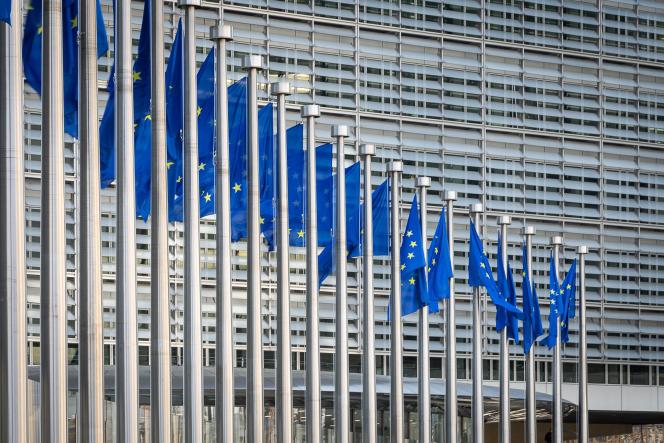A key step has just been taken with a view to launching a major political debate, at European level, in 2024, on the creation of a wealth tax targeting the richest 1%. On Tuesday 11 July, the European Commission announced in a press release its decision to” register “ the European citizens’ initiative (ECI) led by two figures from the European social-democratic camp, the Belgian Paul Magnette and the Frenchwoman Aurore Lalucq, “aimed at taxing the big fortunes in the European Union (EU), to finance the ecological and social transition”.
A little-known instrument of European democracy, the ICE is similar to the French shared initiative referendum. It is, in short, a superpetition submitted to European citizens, which could lead, in the most favorable scenario, to the development of a proposal for a European directive. Or at least on a political discussion at the level of the European institutions.
This green light will allow Paul Magnette and Aurore Lalucq to launch, from the start of the school year in September, the campaign to collect the million signatures of European citizens (in at least seven countries and in one year) necessary for the registration of this ” European ecological and social wealth tax” on the political agenda. A small challenge, which will require the support of other political groups and NGOs committed to tax and climate issues.
Even if successful, there is no guarantee that this initiative will have a political follow-up. “The registration decision is legal in nature and does not prejudge the Commission’s final legal and policy conclusions on this initiative or the action it intends to take, if any”, recalled the European Commission on Tuesday. Of the 127 ECIs launched since the creation of this tool in 2012, only eight have resulted in concrete measures proposed by the European executive.
The issue of EU competence in taxation
But if the prospect of a major European tax reform remains distant, at least it is getting closer, notes Aurore Lalucq. “The subject of taxation of the ultra-rich is gaining momentum, we must restore fairness in our societies by reconciling taxation and social justicepoints out the MEP. If we, politicians, put the subject on the agenda, it will be good for Europe and the quality of the debate, it is a project that will restore the confidence of citizens. »
On the legal level too, the MEP sees the lines moving. Because if taxation remains an element of national competence and sovereignty, more and more Member States believe that it is nevertheless possible to act at European level. Evidenced by this, according to Mr.me Lalucq, “the adoption by the EU, in December 2022, of the minimum tax of 15% on multinationals, or the European agreement of September 2022 to tax the superprofits of companies”.
You have 44.44% of this article left to read. The following is for subscribers only.
